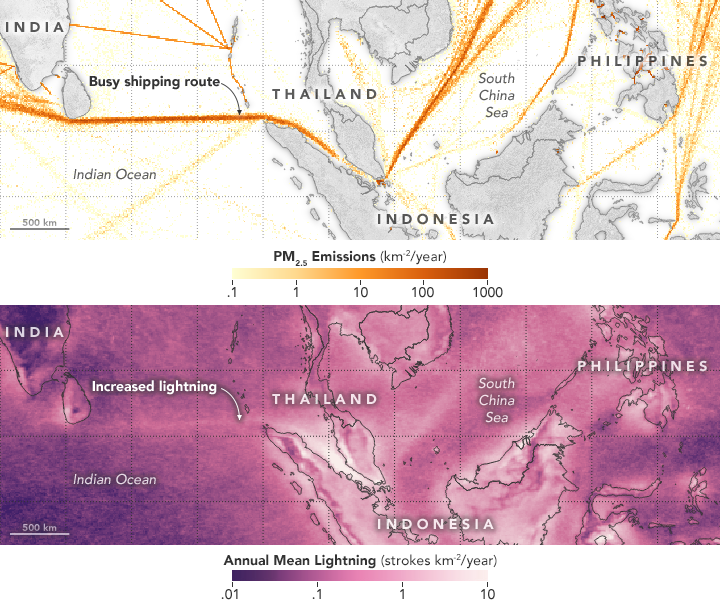Guest post by Jeff Mosenkis of Innovations for Poverty Action.

- First a word from my sponsor – IPA’s kind enough to let me use some time writing these links up almost every week for the last 2.5 years, but there’s no such thing as a free link. If you’d go to www.poverty-action.org/donate and help us make our end-of-year budget I’d appreciate it.
- And, I’ll draw up a few winners (at random of course) for your choice of a) a tote bag from Ghana (long story), b) a very cheap lunch with some of our staff in New York or c) My 84-page doc of links I didn’t have room to post. Let us know your preference in the donation form comments box.
- Via Claudia Sahm, a great interview from the Minneapolis Fed with Princeton economist Anne Case (also scroll back to April & May in the Financial Times Alphachat podcast to hear a great interview (iTunes) and interesting bonus chat (iTunes) about her career and reacting to blogs critiquing of her work).
- We don’t often hear the stories behind the data that goes into papers, but the enumerators in the field work really hard. Here’s one story about an enumerator tracking down a participant from one of Chris’ studies in Uganda, 9 years later.
- I recently mentioned profs might want to check their letters of recommendation for gender biased phrasing (here). A tech company is doing something similar for job posting language:
Textio found certain phrases such as “disciplined” and “tackle,” used more often by Netflix and Google, respectively, statistically correlated to a more male-dominated applicant pool. Netflix didn’t respond to a request for comment and Google declined to comment.
Atlassian Corp. , a maker of workplace collaboration tools and a Textio client, said that after it overhauled the language in its job postings, women accounted for 57% of the class of new-graduate hires working in engineering, product management and design in 2017, compared with 10% two years ago before the language changes.*
- In the wake of the increasing revelations of #MeToo in academia, the Women In Economics at Berkeley blog interviewed four men figuring out how to be better allies to their classmates and colleagues.
- Most development aid doesn’t go to the neediest parts of countries, Ryan Briggs writes. Aid projects tend to cluster in the better-off and urban areas, which may be simply because it’s harder to get to the more rural impoverished places that need it more.
- Psychologists are trying to solve the replicability problem with a collaboration of 183 labs on six continents, who’ll volunteer to run the same study simultaneously (not all labs will run all studies).
- People’s nominations for worst or weirdest cryptocurrency promotions. (h/t David Batcheck)
PS – related to the ask above, you can also use our Amazon Smile link for shopping, to donate a small portion to us (the Smile Always chrome extension will remember to redirect you there).
And, from Reddit/DataIsBeautiful, lighting strikes follow the path of shipping lanes (exhaust from ships increases likelihood and intensity of thunder storms). (h/t Max Galka)

* Yes I realize it’s a before-and-after story.


3 Responses
I recently mentioned profs might want to check their letters of recommendation for gender biased phrasing (here). A tech company is doing something similar for job posting language:
golu dolls
golu dolls
Grate.
Christofer Döss Fake @christoferdoss
2 feb. 2015
“This Wikipedia page is about the Swedish exhibitionist Christofer Döss aka the bisexual nude model nakencrille…” http://bit.ly/18Hozun